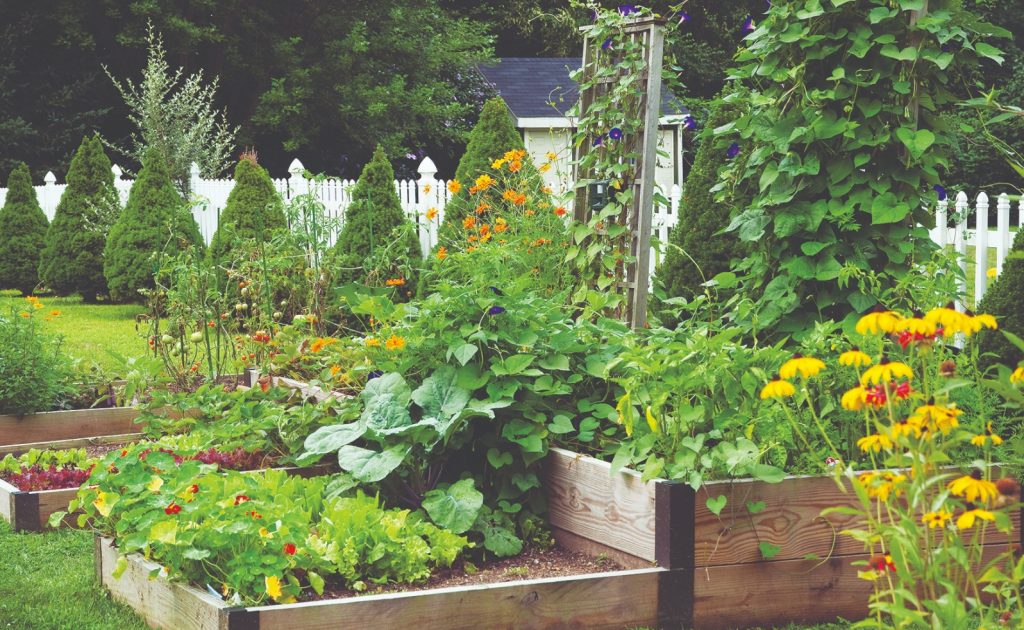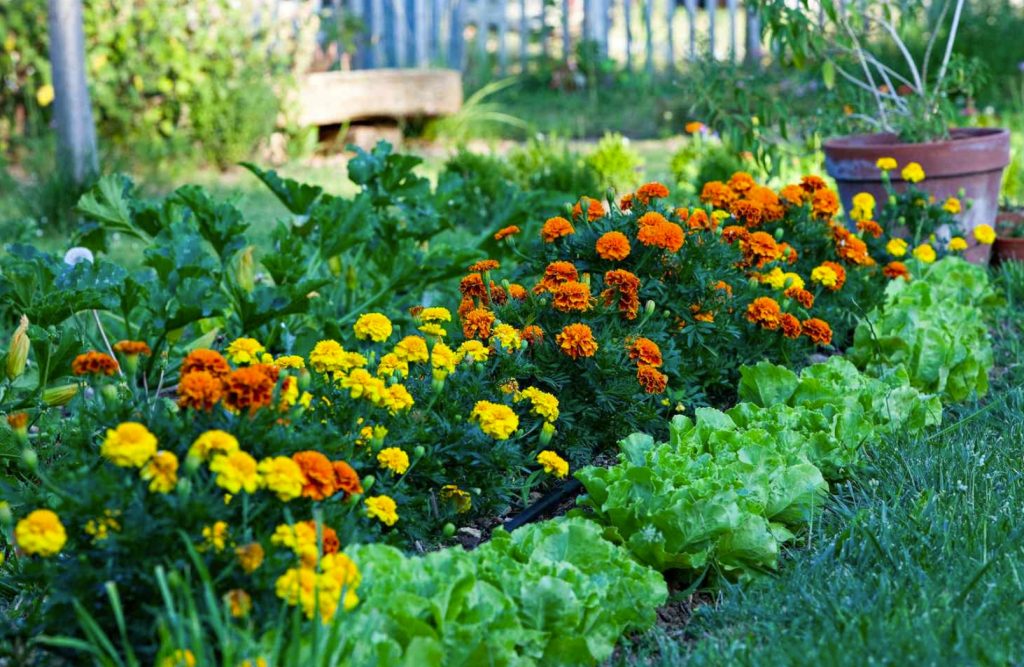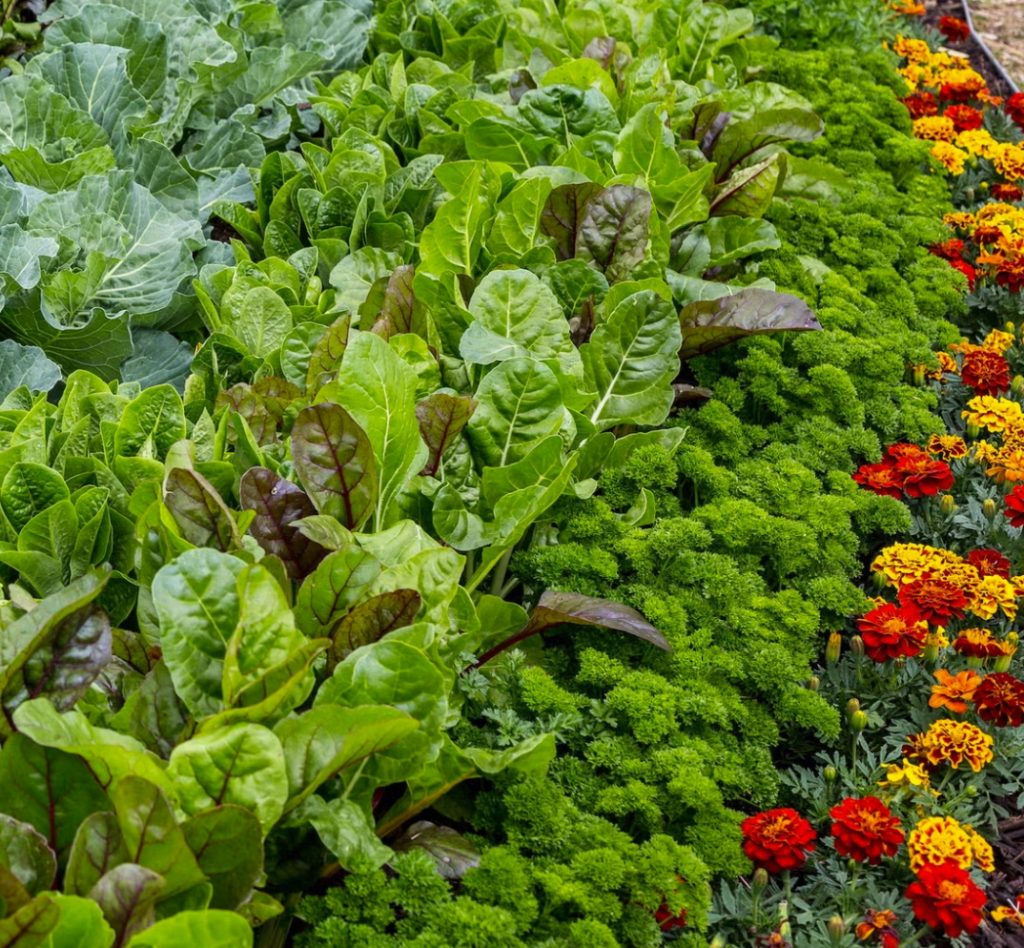If you grow fruits and vegetables, companion planting can be a game-changer, reducing the need for extra fertilization and pest control while promoting a healthier, more sustainable garden. This time-honored technique involves strategically pairing plants to enhance each other’s growth, naturally deter pests, improve soil quality, and encourage biodiversity. By working with nature, rather than against it, you can create a thriving, self-sustaining ecosystem that requires less intervention and produces better yields.

One of the greatest benefits of companion planting is its ability to reduce reliance on chemical pesticides and herbicides. By selecting the right plant combinations, you can create a natural defense system against common garden pests. For instance, marigolds are known to repel nematodes and aphids, basil helps deter mosquitoes and flies, while dill attracts beneficial insects like ladybugs and lacewings, which prey on harmful pests. Integrating these plants into your vegetable garden not only helps maintain balance in the ecosystem but also promotes healthier crops.
Additionally, companion planting is an excellent way to attract pollinators such as bees and butterflies, which are essential for fruit and vegetable production. It also helps suppress weeds by providing ground cover and shade, reducing competition for nutrients and water. Many companion plants contribute to soil health as well—legumes like beans and peas, for example, fix nitrogen in the soil, enriching it for neighboring plants.

“An integrated vegetable garden—one that incorporates an array of flowering plants alongside vegetables—is an excellent way to diversify the space and support a variety of predators and parasitoids,” says Jessica Walliser, horticulturist and author of Attracting Beneficial Bugs to Your Garden.
“It also makes for a beautiful garden. A useful companion planting technique is incorporating herbs into the vegetable garden. These herbs can be harvested for kitchen use, and later in the season, when they bloom, they provide beneficial insects with nectar and pollen.”

By thoughtfully designing your garden with companion planting in mind, you can foster a balanced, self-sufficient environment where plants support one another, pests are kept in check naturally, and your harvests are more abundant. Whether you’re a beginner gardener or an experienced grower, embracing this method will lead to a healthier, more productive, and visually stunning garden.
